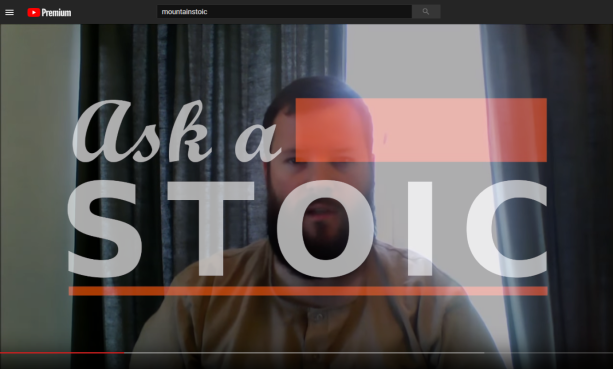“Like you are glad to improve your fund, and another is glad to improve his car, so I am glad to understand that every day I improve myself and that every day I am able to be happy and beautiful.”
— Franco Scalenghe
On September 15, 2023 Franco Scalenghe returned to the cosmos. It may be the case that Dear Franco’s is not a household name for the modern student of Stoicism – but he should be. I had the deep privilege to communicate with him during my formative studies in Stoicism and Hellenistic philosophy. He was always willing to offer a helpful answer, clarification, or advice to my questions. He always began his messages “Dear Kevin,” which I found endearing.
I am pleased to have known him, and I will miss him.
His family has maintained some of his works here: https://francoscalenghe.com/lautore/ as his original website appears to be offline. It is a great service to the students of Stoic philosophy that they are maintaining these works.
Of particular note to those who make progress are his works in English on Epictetus: https://francoscalenghe.com/epictetus/
He has broader works in Italian covering the SVF and Musonius you can find at the above links, too. If you have not read his modern dialogues discussing the ideas of Epictetus, I recommend them to you highly. His translations, thinking, and discussions really helped to shape these concepts for me quite a bit.
I spent some time trying to close this short set of “good words” for Franco. Thankfully, his daughter left these beautiful ones elsewhere, and thus has done so for me:
“We take solace in knowing that his legacy will live on and that the matter immortal of which he was made will soon be air, waves, earth.”






You must be logged in to post a comment.